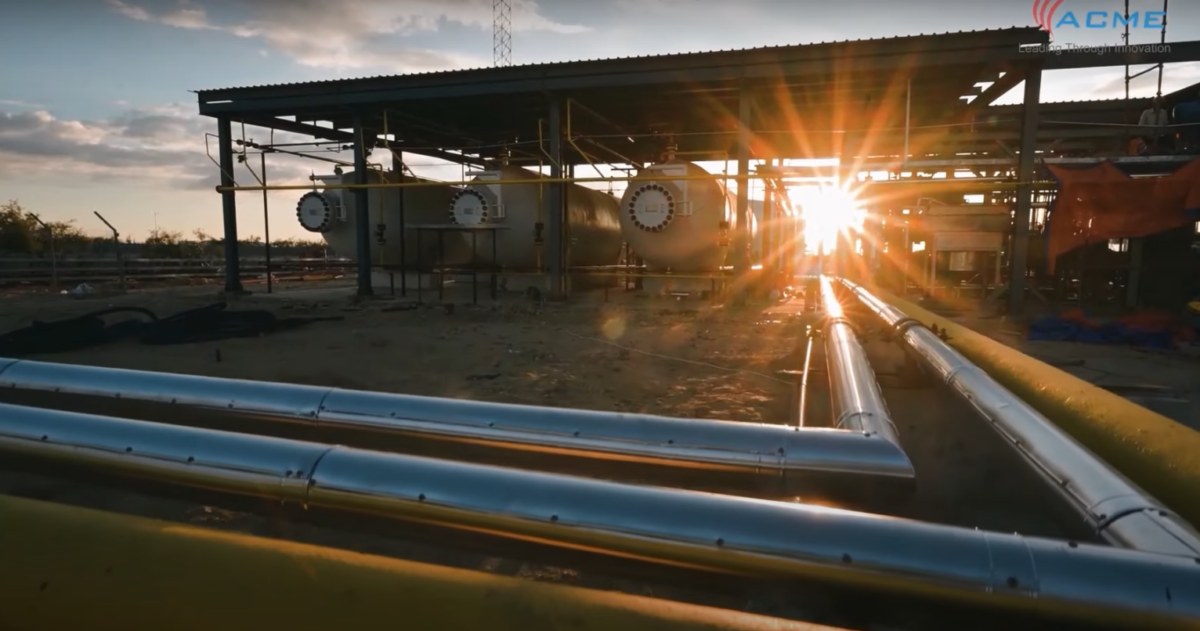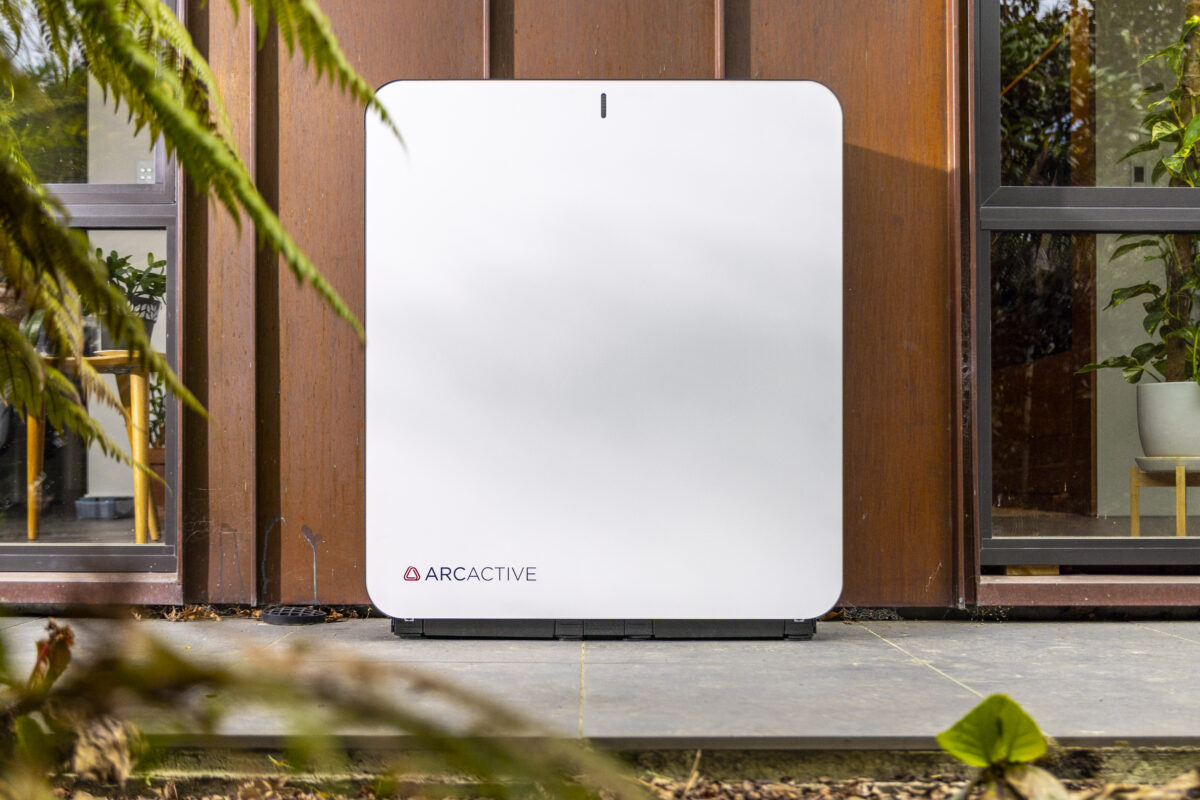From pv magazine Global
Bureau Veritas, a French certification specialist, said that it has noted growing interest in its Hydrogen Label certification scheme, which was launched in February 2023.
The company did not provide specific figures, but it said that different entities from Europe, Australia, the United States, and the Middle East have expressed interest in certification.
“Many operators see the independent certification as a means to demonstrate to respective regulators about the carbon footprints of their green hydrogen generation supporting the claims for the government incentives for producing green hydrogen and also to gain bankability of their projects with investors,” Rajiv Sabharwal, vice president of business development and energy for Bureau Veritas North America, told pv magazine.
The French company will assess renewable hydrogen production assets against environmental, social and governance (ESG) criteria, while also considering safety processes and greenhouse gas emissions.
“It will also assess the renewable energy that is used to power the electrolyser,” Sabharwal added. “The scheme’s biggest differentiator is its assessment of safety in addition to the life cycle assessment of the carbon footprints of green hydrogen, which aims to facilitate the global trade of hydrogen with a consistent definition of renewable hydrogen.”
He said that North America will be a major hub for the generation, consumption, and export of clean hydrogen, due to the incentive schemes in place in the United States. He added that midstream infrastructure and electrolysers will require significant investments.
“The industry will be challenged by a lack of harmonised regulations, supply chain issues, and availability of trained manpower,” said Sabharwal. “It will need extensive investment to overcome this issue in the next 10 years.”
Bureau Veritas said that the final step in its scheme will be to issue labels after verifying the amount of hydrogen produced by certified assets.
“The label stipulates that the asset must have a carbon footprint below 2 kg CO2 equivalent per kilogram of hydrogen,” the company said. “Quarterly verification of the hydrogen output and the renewable electricity input will be required to maintain the label.”
This content is protected by copyright and may not be reused. If you want to cooperate with us and would like to reuse some of our content, please contact: editors@pv-magazine.com.








By submitting this form you agree to pv magazine using your data for the purposes of publishing your comment.
Your personal data will only be disclosed or otherwise transmitted to third parties for the purposes of spam filtering or if this is necessary for technical maintenance of the website. Any other transfer to third parties will not take place unless this is justified on the basis of applicable data protection regulations or if pv magazine is legally obliged to do so.
You may revoke this consent at any time with effect for the future, in which case your personal data will be deleted immediately. Otherwise, your data will be deleted if pv magazine has processed your request or the purpose of data storage is fulfilled.
Further information on data privacy can be found in our Data Protection Policy.